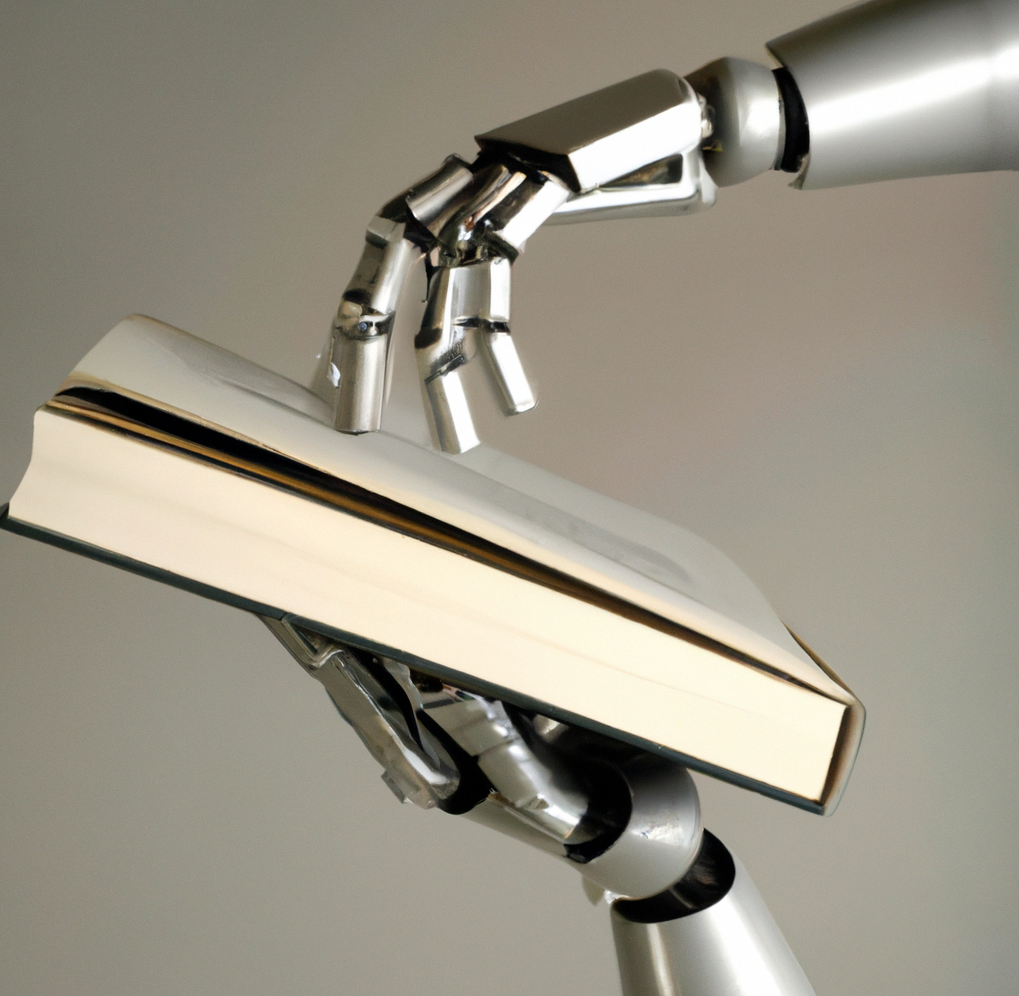Education serves as the cornerstone of human progress, shaping minds, fostering innovation, and driving societal development. Yet, as generative AI tools like ChatGPT gain prominence, the education sector faces potential disruption. While these tools are lauded for their utility, their integration raises questions about the essence of human intelligence and the educational systems that should cultivate it.
Contrary to some perceptions, tools like ChatGPT lack comprehension and knowledge. Instead, they amalgamate fragments of language based on statistical probabilities to generate coherent text. Their utility as assistants is undeniable, yet they remain devoid of genuine insight into the real world. Their success in various assessments highlights an inherent flaw in the assessment structure—focusing on rote memorization rather than comprehension. The potential for AI to reshape education is immense with an array of impacts.
One of the most significant impacts of AI in education is its ability to tailor learning experiences to the individual needs of each student. AI-powered platforms can analyze students' learning patterns, strengths, and weaknesses, enabling the creation of customized learning paths. This not only ensures that students receive content at their own pace but also provides educators with insights into how best to support each learner. Personalized learning, facilitated by AI, holds the potential to revolutionize education by making it more effective and engaging. Students can explore subjects in ways that resonate with their interests and learning styles, leading to improved retention and comprehension.
AI also holds the promise of breaking down barriers to education. For students with disabilities, AI-driven tools can provide real-time transcription services, assistive technologies, and language translation, making education more accessible and inclusive. This technology empowers students who might otherwise face significant hurdles in their learning journey. Additionally, AI has opened the door to adaptive content and assessments that can be modified to meet the unique needs of every student, ensuring that nobody is left behind in the learning process.

While AI is enhancing the learning experience for students, it's also streamlining administrative tasks for educators. Administrative work, such as grading assignments, scheduling classes, and managing student records, can be labor-intensive. AI can automate these processes, freeing up educators to focus on teaching and mentorship. This optimization of administrative tasks can lead to a more efficient educational system, potentially reducing the workload on teachers and staff, and allowing them to provide more individualized support to students.
With the proliferation of AI in education come concerns about data privacy and ethical considerations. The extensive collection of data on students raises questions about how this information is stored, used, and protected. Educational institutions and edtech companies must establish robust data protection policies to ensure that sensitive student information is not compromised. Additionally, AI systems used for educational purposes must be designed with ethical principles in mind. Transparency, fairness, and accountability are vital when developing and deploying AI in education. Decisions about admissions, assessments, and learning support that are made by AI systems must be explainable, unbiased, and free from discrimination.
AI's role in education isn't confined to being a mere tool; it's also a facilitator. This brings up questions about the nature of the teacher-student relationship. While AI can provide valuable support in the learning process, it cannot fully replace the mentorship, encouragement, and guidance that educators offer. The challenge is to strike a balance between AI's role in enhancing education and preserving the irreplaceable human element in teaching. The future of education might well be defined by the synergy between educators and AI systems, each contributing their unique strengths to create a holistic learning experience.
AI in education is not limited to traditional academic institutions. It is also reshaping the concept of lifelong learning. AI-powered platforms offer individuals the opportunity to continue their education and acquire new skills throughout their lives. This is particularly important in a rapidly changing job market where upskilling and reskilling are essential. By making education more flexible, accessible, and personalized, AI empowers individuals to take control of their own learning journey, fostering a culture of lifelong learning.
In an era where AI and automation are transforming industries and the nature of work, preparing students for the future job market is paramount. Education systems must adapt to equip students with the skills they need to thrive in an AI-driven world. This involves not only teaching technical skills related to AI but also fostering critical thinking, problem-solving, creativity, and adaptability. Students must be prepared to work alongside AI and understand its implications for society, ethics, and decision-making.
The impact of AI in education is profound and far-reaching, reshaping how we learn, teach, and engage with knowledge. As AI continues to advance, educational institutions, policymakers, and society as a whole must find a delicate balance between embracing innovation and taking responsibility for its ethical, privacy, and inclusivity implications.
The future of education is not merely about the integration of AI but about how we harness its potential to create a more accessible, personalized, and effective learning experience. It's a journey that invites us to reimagine education in a digital age, where technology is not just a tool but a transformative force that shapes the minds and abilities of future generations. As we navigate this path, we must remain vigilant, ensuring that the profound impacts of AI in education are aligned with our collective goals of knowledge, progress, and human flourishing.





